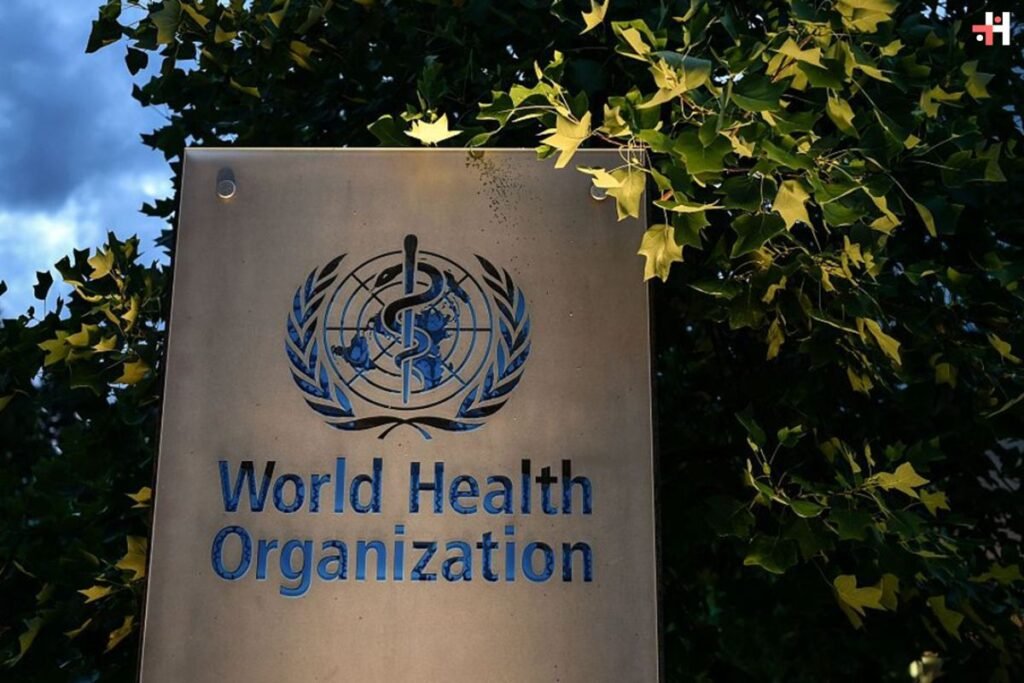The World Health Organization (WHO), in collaboration with Reaching the Last Mile (RLM), has unveiled a significant scoping review in Transactions of the Royal Society of Tropical Medicine and Hygiene. This review, encompassing 42,693 articles, sheds light on the critical need for comprehensive research and evidence regarding the impact of climate change on neglected tropical diseases (NTDs) and malaria.
Shifting Disease Dynamics
As temperatures rise and weather patterns evolve, vector-borne diseases like malaria and NTDs undergo profound transformations. These changes not only affect disease spread but also pose grave threats to human health systems. The expansion of disease vectors such as mosquitoes increases the likelihood of disease introduction or resurgence in new areas, exacerbating the burden on vulnerable communities.
Dr. Ibrahima Socé Fall, Director of WHO’s Global NTD Programme, underscores the urgency of collaborative and standardized modeling to comprehend the direct and indirect impacts of climate change on malaria and NTDs. He emphasizes the need for swift action to prevent the potential poleward and altitudinal shifts in malaria transmission and the expanding range of disease vectors responsible for transmitting diseases like dengue and chikungunya.
Research Disparities Highlighted
The review points out a concerning trend: a disproportionate focus on low-disease burden countries with high access to quality healthcare. This oversight neglects communities historically underserved in combating NTDs and malaria, exacerbating existing health disparities. Tala Al-Ramahi of Reaching the Last Mile stresses the imperative of increased research investment to develop evidence-based interventions and mitigate climate change’s adverse health effects.
Despite the growing threat, only a fraction of studies address mitigation (34%) and adaptation (5%) strategies. This dearth of evidence underscores the pressing need for research to safeguard past achievements in malaria and NTD control. Dr. Daniel Ngamije Madandi of WHO’s Global Malaria Programme emphasizes the urgency of equitable and sustainable responses to mitigate the disproportionate impact of climate change on vulnerable populations.
Understanding Impact of Climate Change on Human Health
Comprehensive Review Findings
The scoping review analyzed a vast array of peer-reviewed papers and grey literature spanning from January 2010 to October 2023. Of the 42,693 records examined, only a fraction addressed malaria, dengue, chikungunya, and leishmaniasis, with other NTDs significantly underrepresented. The correlation between publication frequency, disease burden, healthcare access, and climate vulnerability underscores the need for targeted research and intervention.
As climate change continues to threaten global health, urgent action is imperative. The WHO’s scoping review serves as a wake-up call, highlighting the critical need for evidence-based interventions and equitable responses to protect vulnerable populations. Only through concerted research efforts and collaborative action can we mitigate the devastating impact of climate change on malaria and neglected tropical diseases, safeguarding the health and well-being of communities worldwide.










